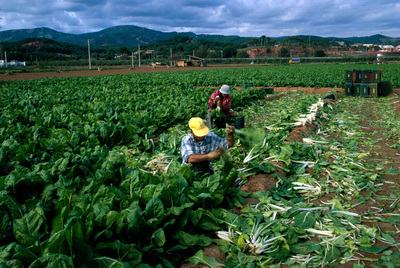BIOCIRCULARCITIES

Exploring the potential of circular bioeconomy in cities. Proactive instruments for policy makers and stakeholders
Technical details
- Partners:
Leader:
Fundació ENT (ES)
Partners:
Urban Development Agency - AMB (ES)
Cittá Metropolitana di Napoli (IT)
Regional Energy Agency of Pazardjik (BU)
National Agency for New Technologies, Energy and Sustainable Economic Development (IT)
Luxembourg Institute of Science and Technology (LU)
Association of Cities and Regions for sustainable Resource management (BE)
CIVITTA (EE)- Action area:
- Europe
- Subject:
- Environmental sustainability
- Budget:
- Total project budget: 999.893,75€ AMB budget: 62.500,00€
- Financing:
-
-
65 % cofinancing

-
Description
BIOCIRCULARCITIES aims to support the development of the regulatory framework and innovative roadmaps aligned with the principles of circular bioeconomy, focused on "bio-based waste" and based on the co-creation of knowledge thanks to participatory processes with multiple stakeholders.
The project has been designed to:
i) explore the potential of circular economy in some value chains of unused bio-waste according to the principles of bioeconomy in three European urban contexts around the cities of Barcelona (ES), Naples (IT) and Pazardzhik (BG);
ii) identify and analyze the best circular bioeconomy practices in the EU that could be used as a successful example for the pilot areas;
iii) detect opportunities and regulatory and commercial deficiencies for the introduction of biocircular practices in local and international markets;
iv) propose proactive instruments and roadmaps to support circular bioeconomy and expand it to the European framework.













































